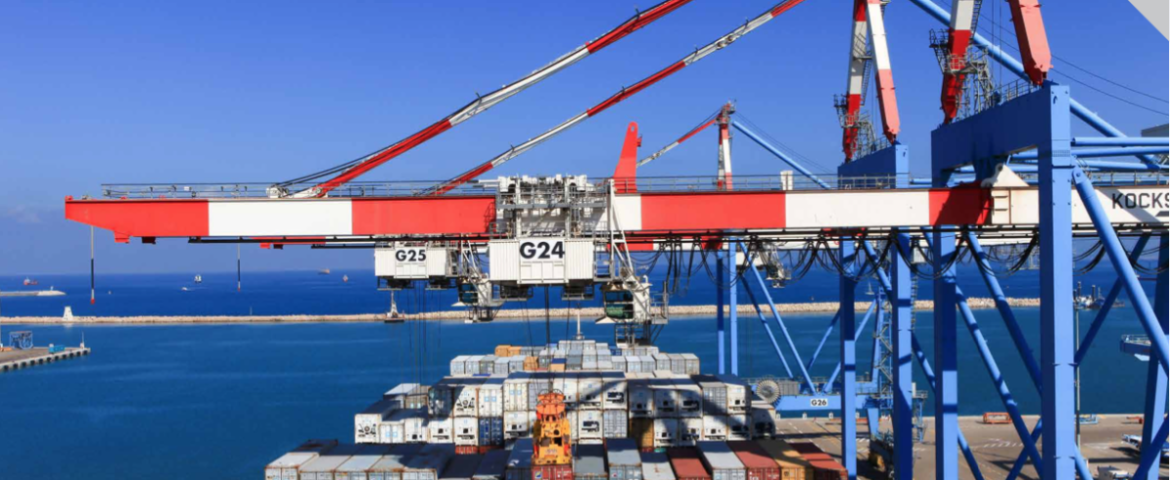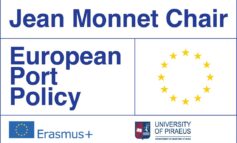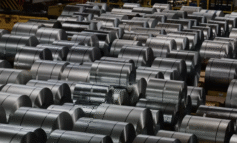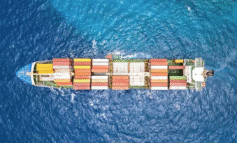Scale increases in container vessel size are a well-documented and much debated topic. The search for economies of scale and the focus on cost control have pushed the container shipping industry towards the deployment of ever larger containerships. In the early days of containerisation, ships had a nominal capacity of a few hundreds of TEU. In 1988, APL was the first shipping line to deploy a post-Panamax vessel. In 1996, Maersk Line shook the market by introducing the Regina Maersk of about 7,400 TEU. Consecutive rounds of scale increases led to the introduction of the ‘Emma Maersk’ in 2006, a containership which can hold more than 15,000 TEU and measures 397m length overall, a beam of 56 m, and a commercial draft of 15.5m.
In 2013, Maersk Line led the next wave in scale enlargement by introducing the Triple E class (about 18,000 TEU). In the past few years, vessel capacity has been pushed beyond the 20,000 TEU mark, a trend initiated by COSCO Shipping (ships of up to 21,237 TEU), CMA CGM (up to 20,954 TEU) and OOCL (units of up to 21,413 TEU). The first Ultra Large Container Ships (ULCS) of 23,000 TEU were delivered in 2019. The world’s largest container vessel at the time of writing was the HMM Algeciras with a capacity of just under 24,000 TEU. The introduction of ever larger container vessels has resulted in an overall upscaling across the main east-west trade routes, with big vessels also cascading to north-south routes.
In his contribution published in 100th issue of Port Technology International – a PortEconomics partner in publishing Theo Notteboom writes on the feasibility of mega container ships by the academic point of view.
You might freely download the article via PortEconomics here













